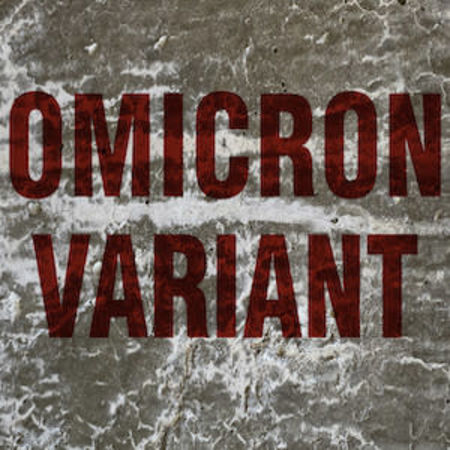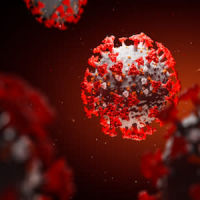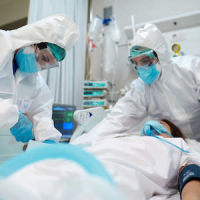There is panic around the globe as news of a new variant of coronavirus circulated this week. The variant is believed to harbour a large number of mutations and is spreading quickly across the world. The World Health Organization (WHO) has identified it as a variant of concern and named it Omicron. Omicron is the latest in line of SARS-CoV-2 variants and joins Delta, Alpha, Beta and Gamma.
The variant has sparked the interest of scientists because it contains more than 30 changes to the spike protein. Hints from computer modelling suggest that Omicron could dodge immunity, but research teams should know more in a few weeks. Also, the fact that there has been a sharp rise in cases of the variant in South Africa has raised alarms around the globe.
The variant was first identified in Botswana earlier this month and was then reported in South Africa and Hong Kong. As of this week, Omicron COVID-19 additional cases have been reported in Malawi, Mozambique, Zambia, Angola, Eswatini, Lesotho, Namibia and Zimbabwe, the Netherlands, Belgium, Germany, Australia, Israel, Hong Kong, the Czech Republic, Italy, France, the UK, Spain, Portugal, Scotland, and Canada.
It is still unclear whether this variant is more transmissible than Delta. It is also unclear whether it will reduce vaccine effectiveness. Scientists are engaged in finding answers to these questions, but the WHO has clearly stated that the global risk from the variant is very high based on early evidence. The WHO also warns that there could be further surges of COVID-19, which could have severe consequences. The global health agency recommends that countries should accelerate vaccinations as quickly as possible.
Tedros Adhanom Ghebreyesus, the Director-General of the WHO, says that COVID-19 is not done with us yet. Experts also point out that predictions of elevated coronavirus transmission in areas with limited access to the vaccine would speed its evolution have come true in the form of Omicron.
However, the WHO does not approve of travel bans on Southern African countries and is urging countries to follow science and international health regulations. WHO regional director for Africa Matshidiso Moeti praised South Africa for being so transparent and following international health guidelines, and informing the WHO as soon it identified the omicron variant as this could help protect the world against the spread of the new variant.
More information on the transmissibility of the virus, its immunity to the vaccine and the severity of illness should be available in the new few days, but for now, the world is on high alert, and people are being advised to get vaccinated as soon as possible.
Image Credit: iStock



























